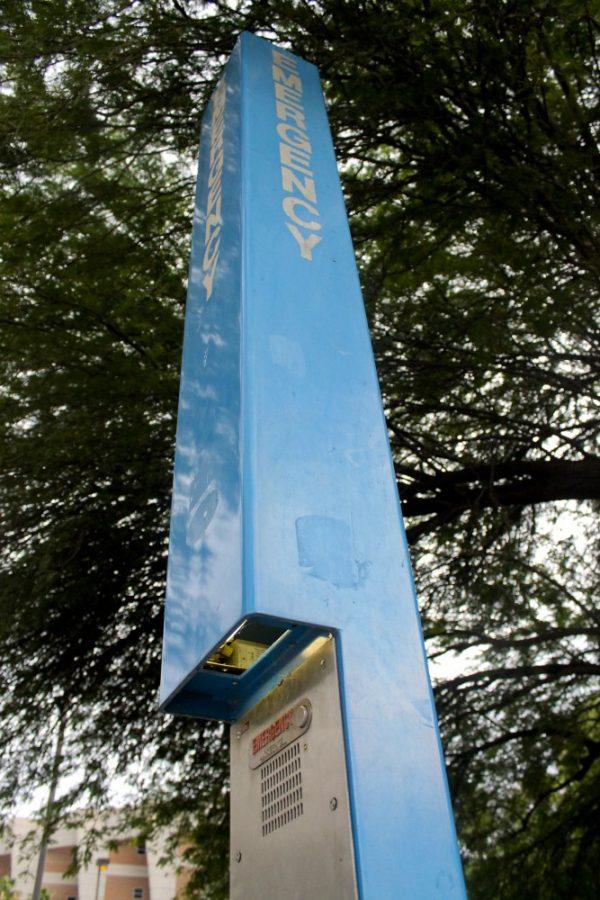With so many students living within the UA’s square-mile campus and the surrounding community, health and safety can be a primary concern for many people. But several university departments offer resources to keep students, faculty and staff out of harm’s way.
Campus Health Service serves as a “one-stop-shop” for addressing the health needs of everyone on campus, and is located in the Highland Commons building on Sixth Street, according to Health Promotion and Preventive Services Director David Salafsky. The department houses a pharmacy, several doctors available to diagnose illnesses and provide prescriptions and counseling services and treatments for depression and anxiety.
In addition to offering medical treatment, the department provides advice to students on a variety of topics, including alcohol and drug consumption, sexual health and maintaining a healthy state of mind amid a semester full of classes.
“The issue of alcohol is obviously probably the biggest drug of choice amongst students, and, as a result, it’s got a lot of potential to get in the way of a lot of the goals students have when they come to campus,” Salafsky said, adding that if students choose to drink, they should do so with a designated driver, and to practice moderation by setting a limit on how many drinks to have in one sitting.
Lee Ann Hamilton serves as the assistant director of Health Promotion and Preventive Services, and is a writer of the department’s SexTalk column, published weekly in the Arizona Daily Wildcat. Hamilton advises that students who choose to have sex should do so safely.
“If you have a penis, or if you have sex with a penis, put a condom on it,” Hamilton said, adding that only about half of the university’s first-year students report being sexually active. “Not everybody’s having sex — it’s OK if you don’t,” she added.
The University of Arizona Police Department focuses on the well being of people on campus, and provides various services to help students feel safe.
The university has its own network of emergency phones throughout campus, known as blue-light phones, which dispatch calls directly to UAPD, according to Juan Alvarez, the department’s public information officer. Alvarez added that taking certain precautions while on campus can prevent issues in the first place.
“Most of the crimes that occur on campus are property crimes, and those are usually crimes of opportunity” Alvarez said. “What we stress is making sure that we remove that opportunity for a crime to occur as much as we can.”
Maintaining control of property at all times is a key factor in avoiding the loss or theft of personal items.
Additionally, when traveling across campus, Alvarez advises that students travel in well-lit areas, and avoid using cell phones when walking across campus alone as they can distract the user from his or her surroundings.
“Just basically be aware,” he added, “and if you absolutely see anything suspicious, report it to us.”
Campus health statistics
- 30 percent of UA students report that they do not drink
- 98 percent said they prefer to spend time with people who drink very little to not at all
- The majority of UA students drink moderately to very little
For more information visit health.arizona.edu.









